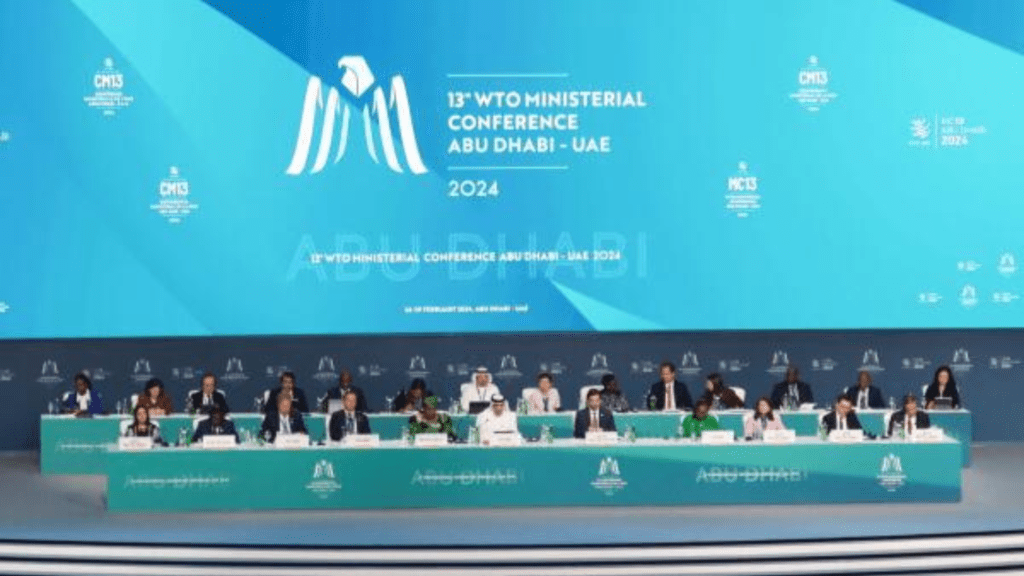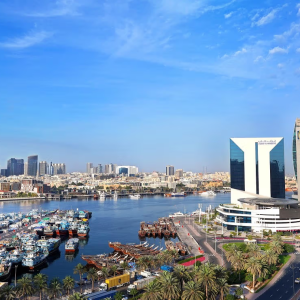The World Trade Organization (WTO) has announced the extension of a moratorium on tariffs for electronic commerce by two more years, following discussions at the MC13 meeting. This decision, reached during a high-level meeting, signifies a crucial milestone in shaping the future of global trade.
The agreement entails the continuation of the current practice of refraining from imposing customs duties on electronic transmissions until the 14th Session of the Ministerial Conference. Ministerial conferences are convened biennially, making this extension effective until the next scheduled conference.
This decision marks a significant achievement for MC13, where extensive deliberations took place on various pivotal issues concerning global trade dynamics. The extension of the moratorium underscores the collective commitment of WTO member nations to foster an environment conducive to cross-border e-commerce activities.

The moratorium, established in 1998, exempts WTO member states from levying customs duties on cross-border e-commerce transactions. It has been periodically extended over the years, with the latest extension agreed upon during the preceding Ministerial Conference in June 2022.
This move reflects the WTO’s continuous efforts to adapt to the evolving landscape of international trade and facilitate the seamless flow of electronic commerce across borders. By maintaining this moratorium, member nations aim to promote economic growth, innovation, and inclusivity in the digital economy.

The decision to extend the suspension of e-commerce tariffs underscores the importance of collaboration and multilateralism in addressing contemporary challenges and harnessing the potential of digital trade for the benefit of all stakeholders.
As discussions at MC13 centered on key issues shaping the future of global trade, the agreement on extending the moratorium serves as a testament to the WTO’s role in fostering a conducive environment for trade liberalization and economic development on a global scale.












